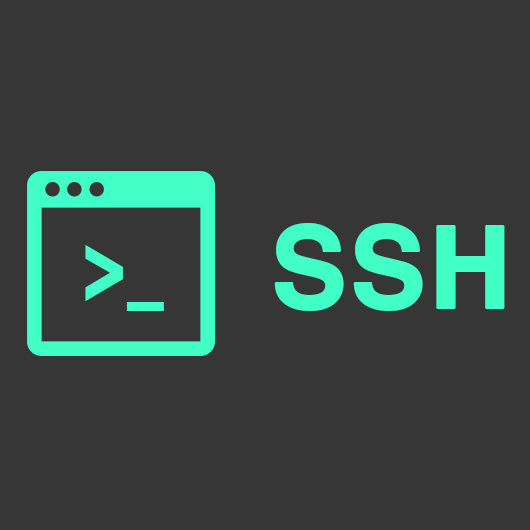

Some authentication methods include public key authentication, one-time passwords with s/key and authentication using Kerberos (only in -portable). Strong authentication (public keys, one-time passwords) – Strong authentication protects against several security problems: IP spoofing, fakes routes and DNS spoofing.A number of different ciphers and key types are available, and legacy options are usually phased out in a reasonable amount of time. Encryption is also used to protect against spoofed packets.

Strong cryptography (AES, ChaCha20, RSA, ECDSA, Ed25519…) – Encryption is started before authentication, and no passwords or other information is transmitted in the clear.The service side consists of sshd, sftp-server, and ssh-agent.Key management with ssh-add, ssh-keysign, ssh-keyscan, and ssh-keygen.Remote operations are done using ssh, scp, and sftp.The OpenSSH suite consists of the following tools: Additionally, OpenSSH provides secure tunneling capabilities and several authentication methods, and supports all SSH protocol versions. OpenSSH encrypts all traffic (including passwords) to effectively eliminate eavesdropping, connection hijacking, and other attacks. OpenSSH is a free version of the SSH connectivity tools that technical users rely on.


 0 kommentar(er)
0 kommentar(er)
